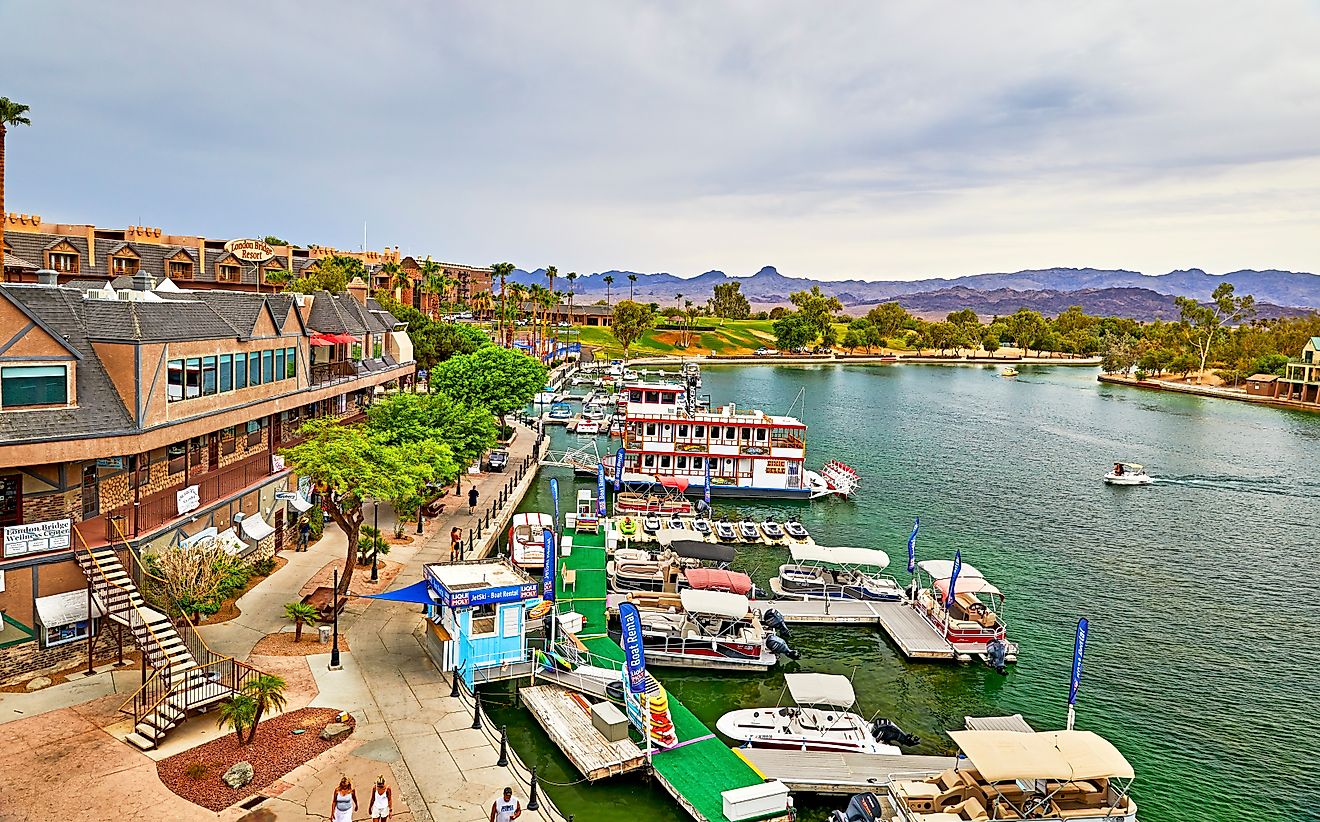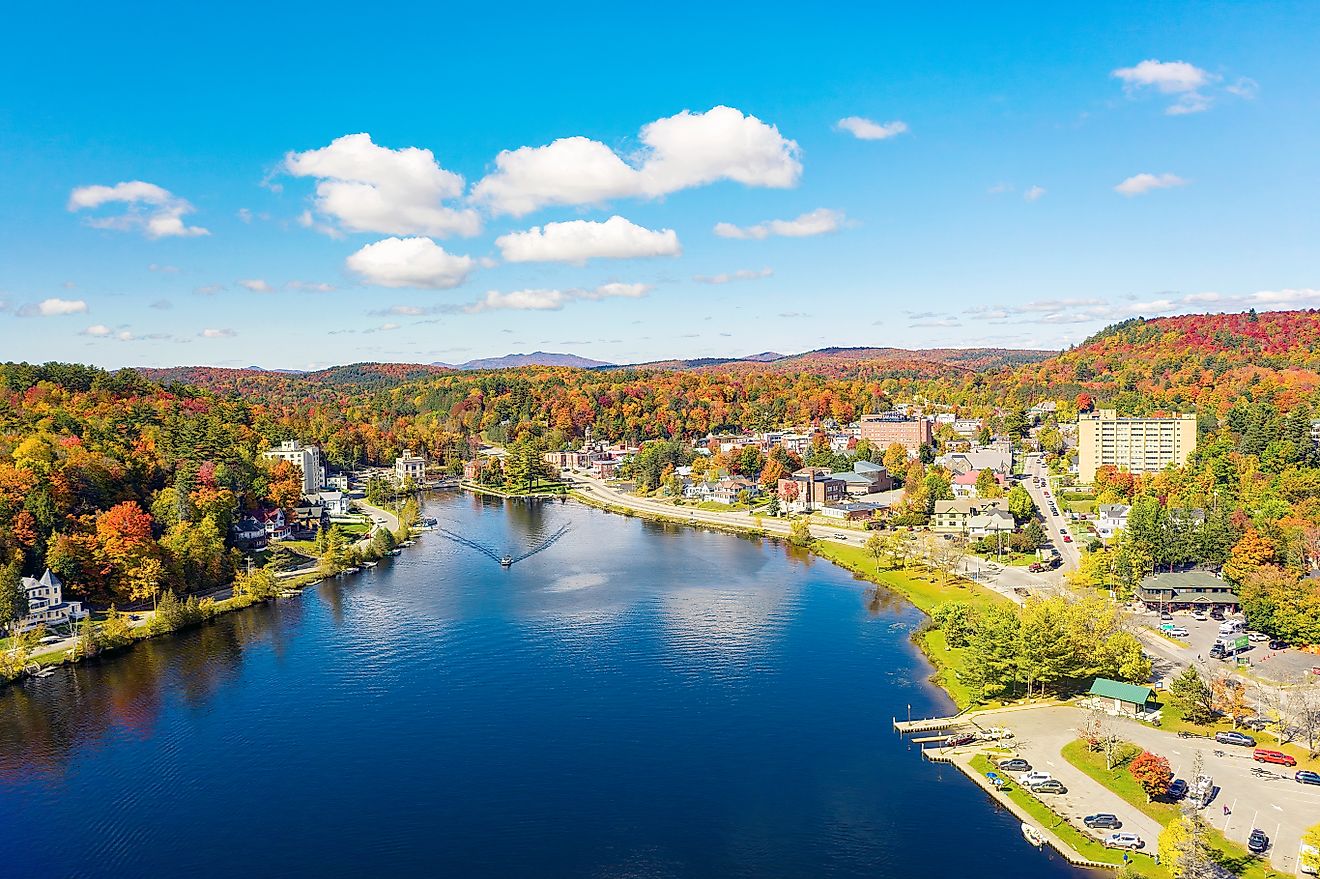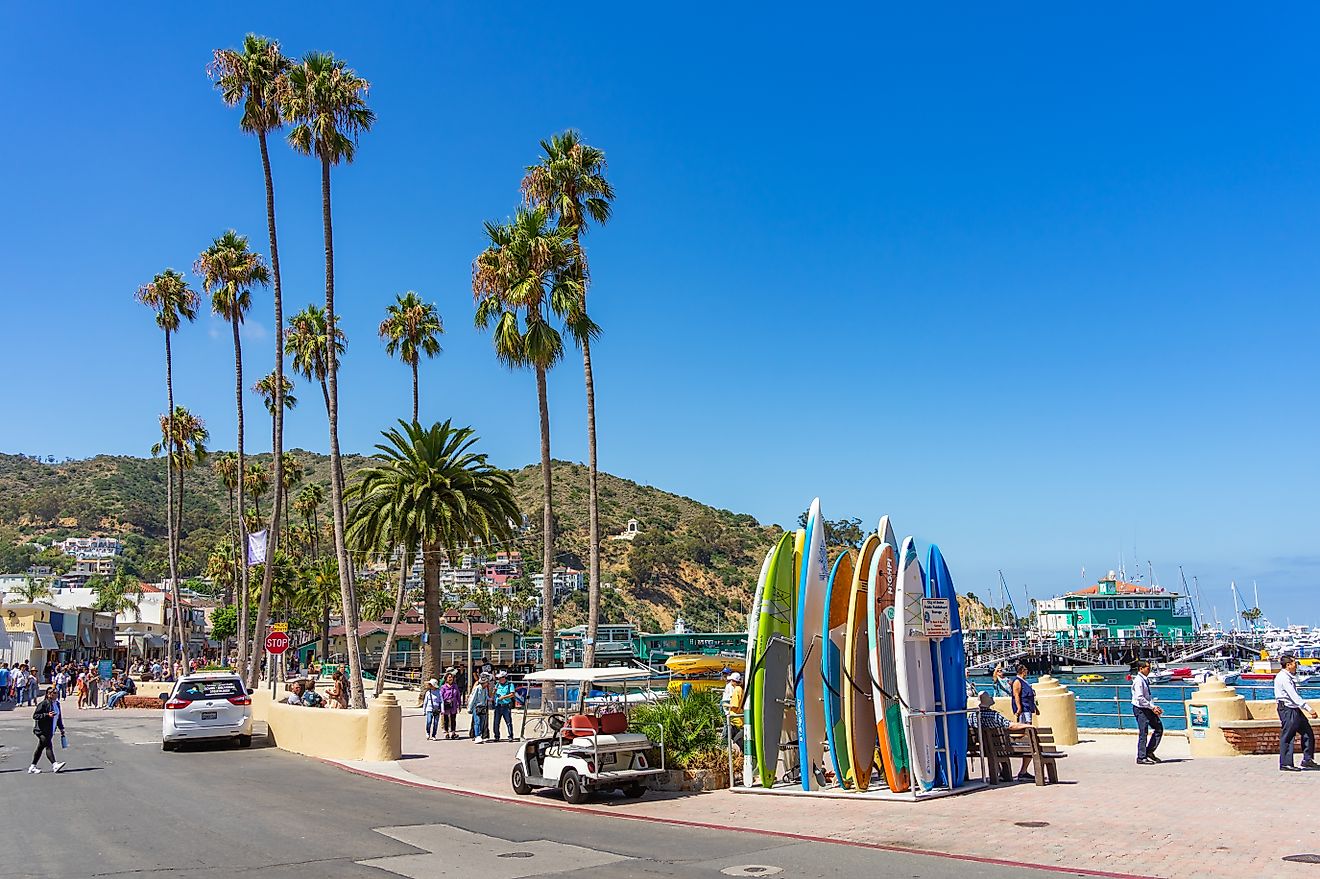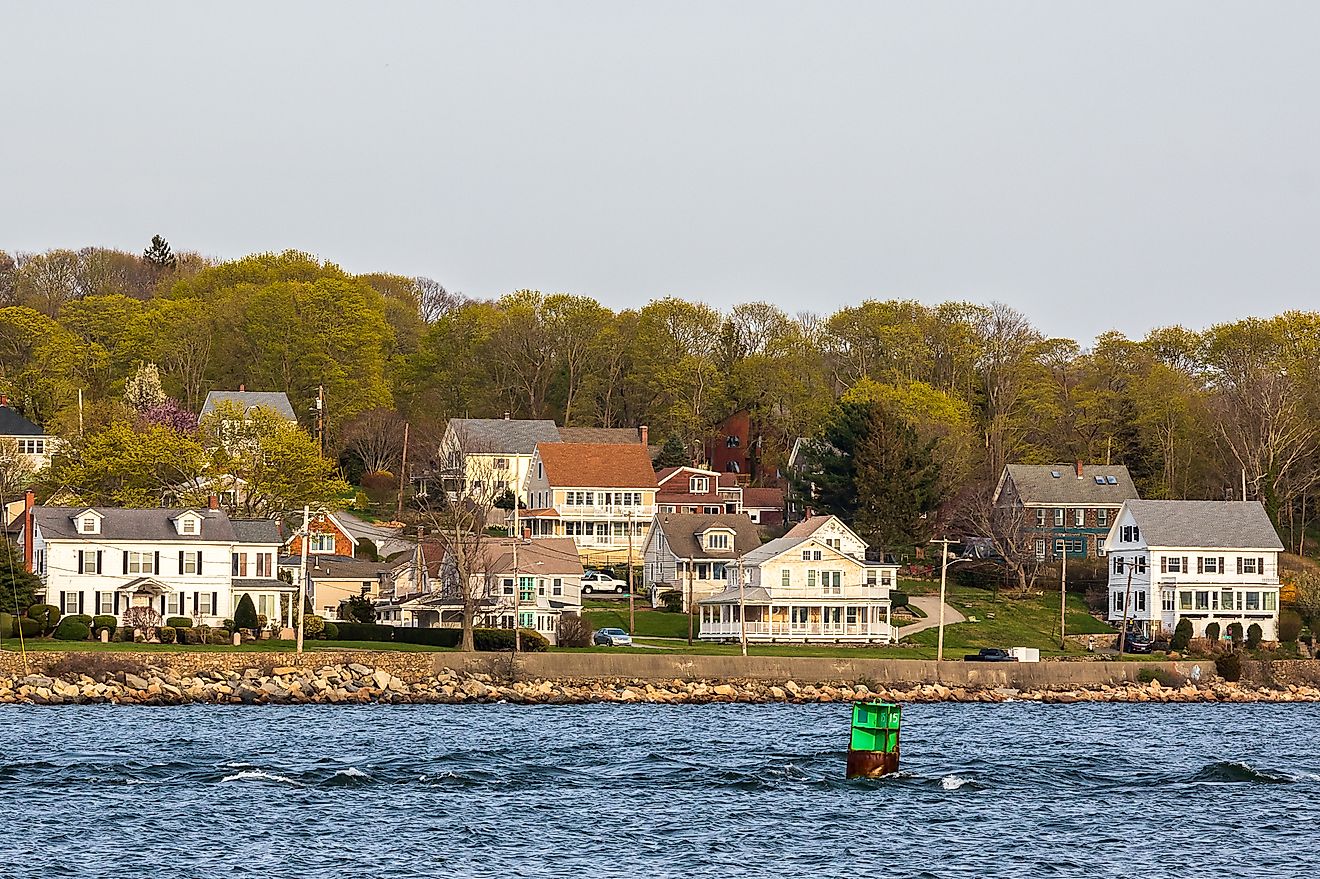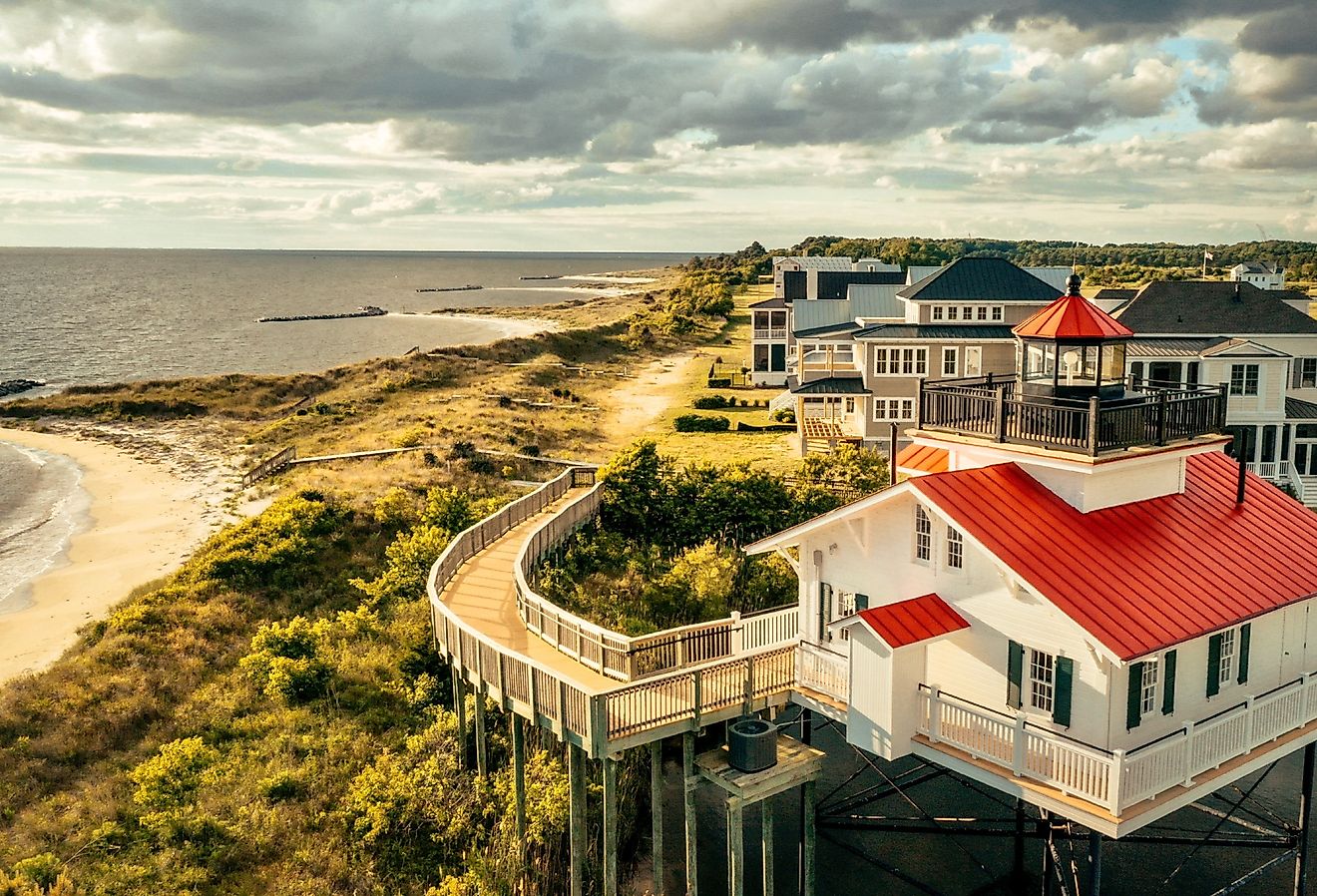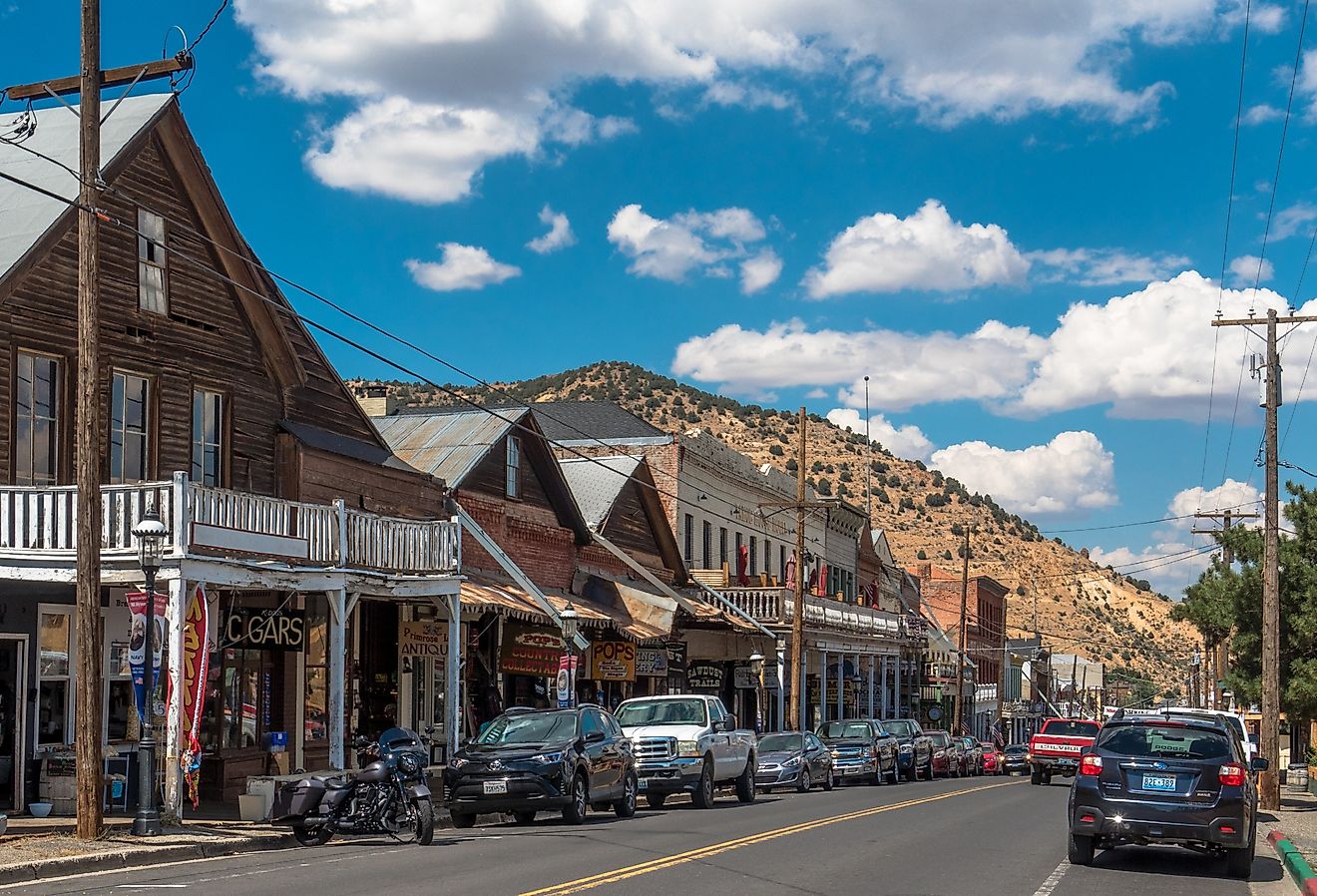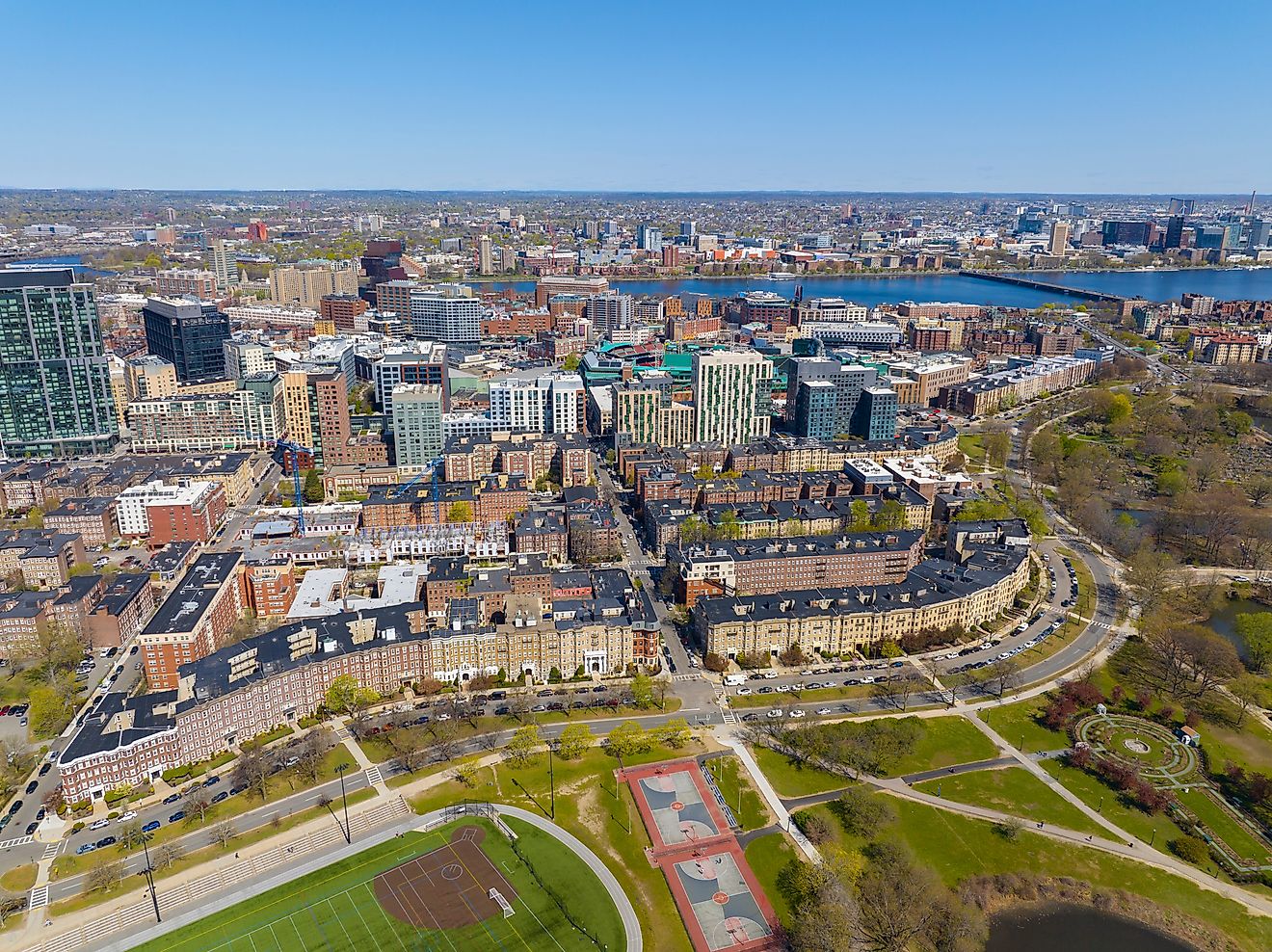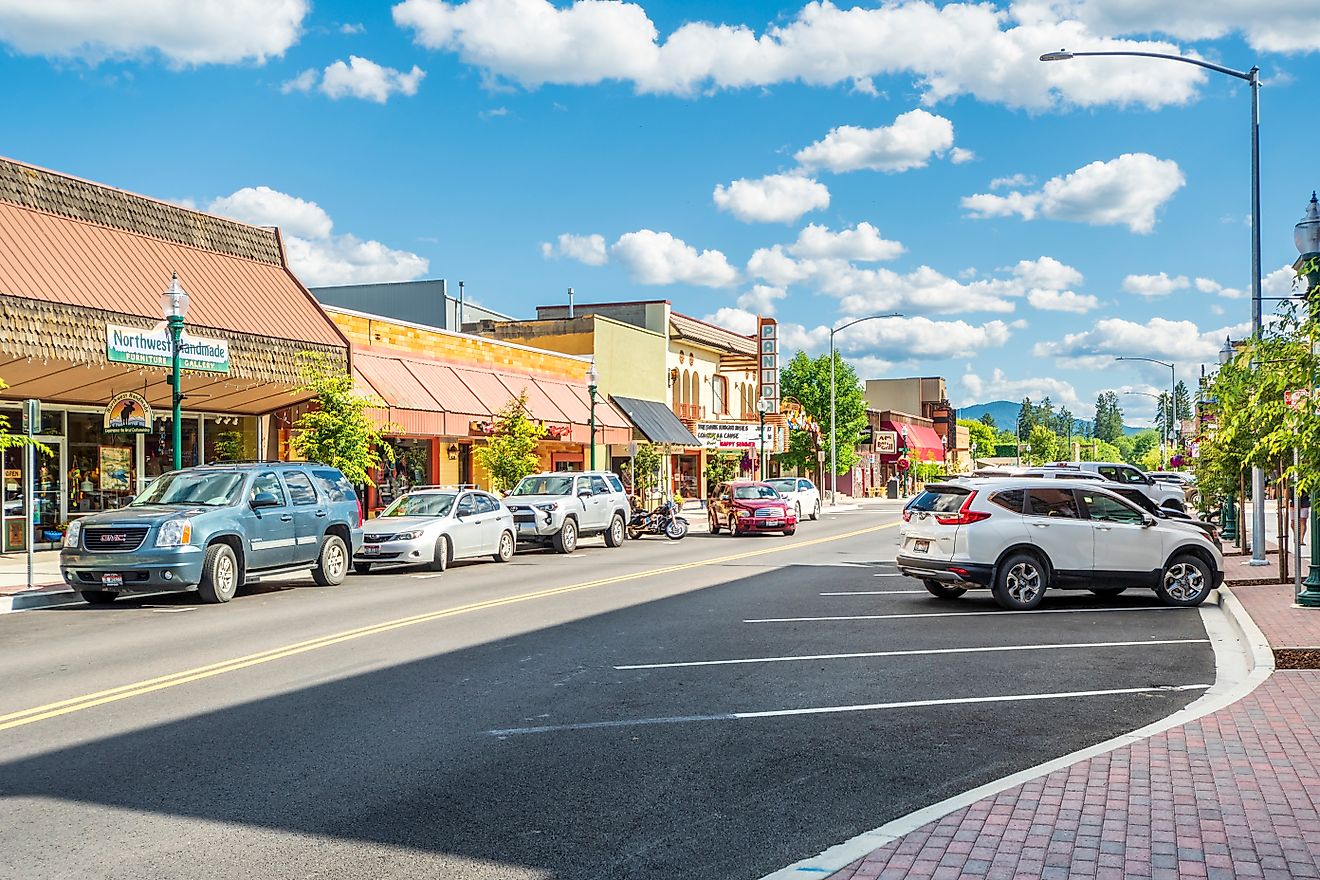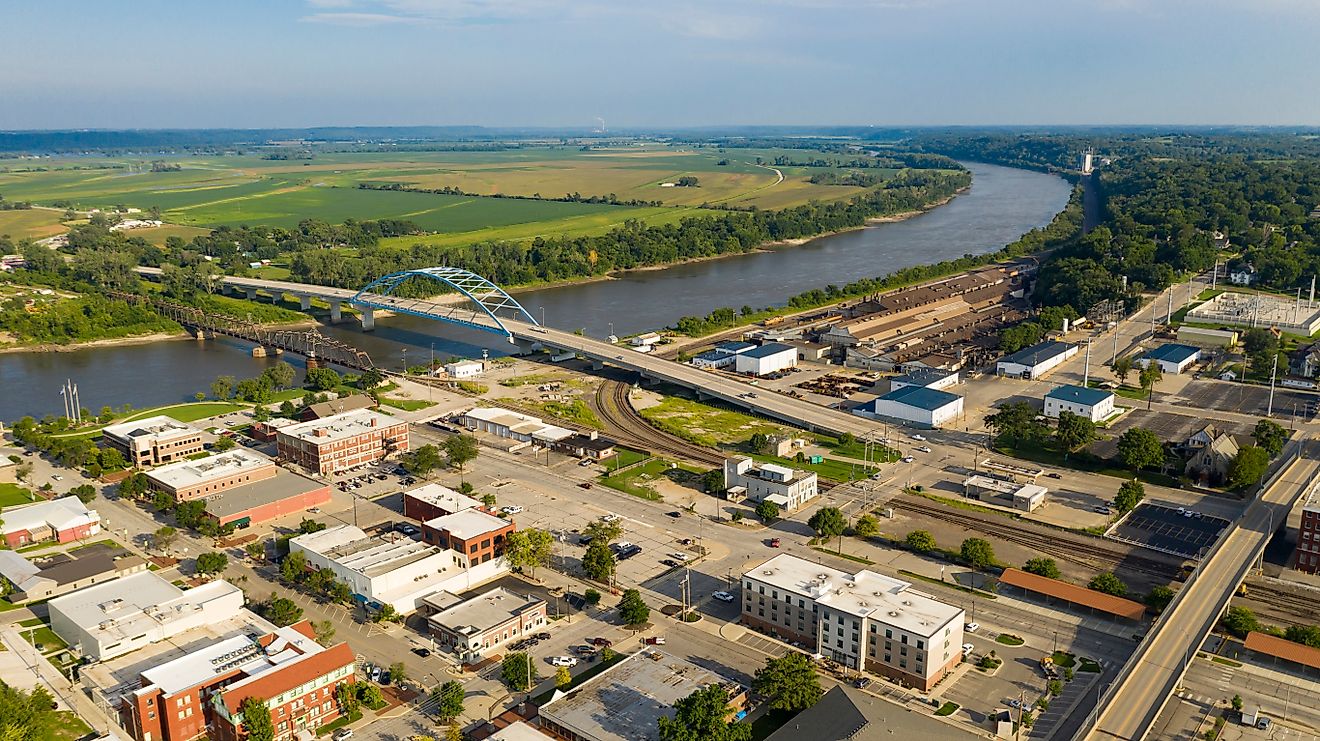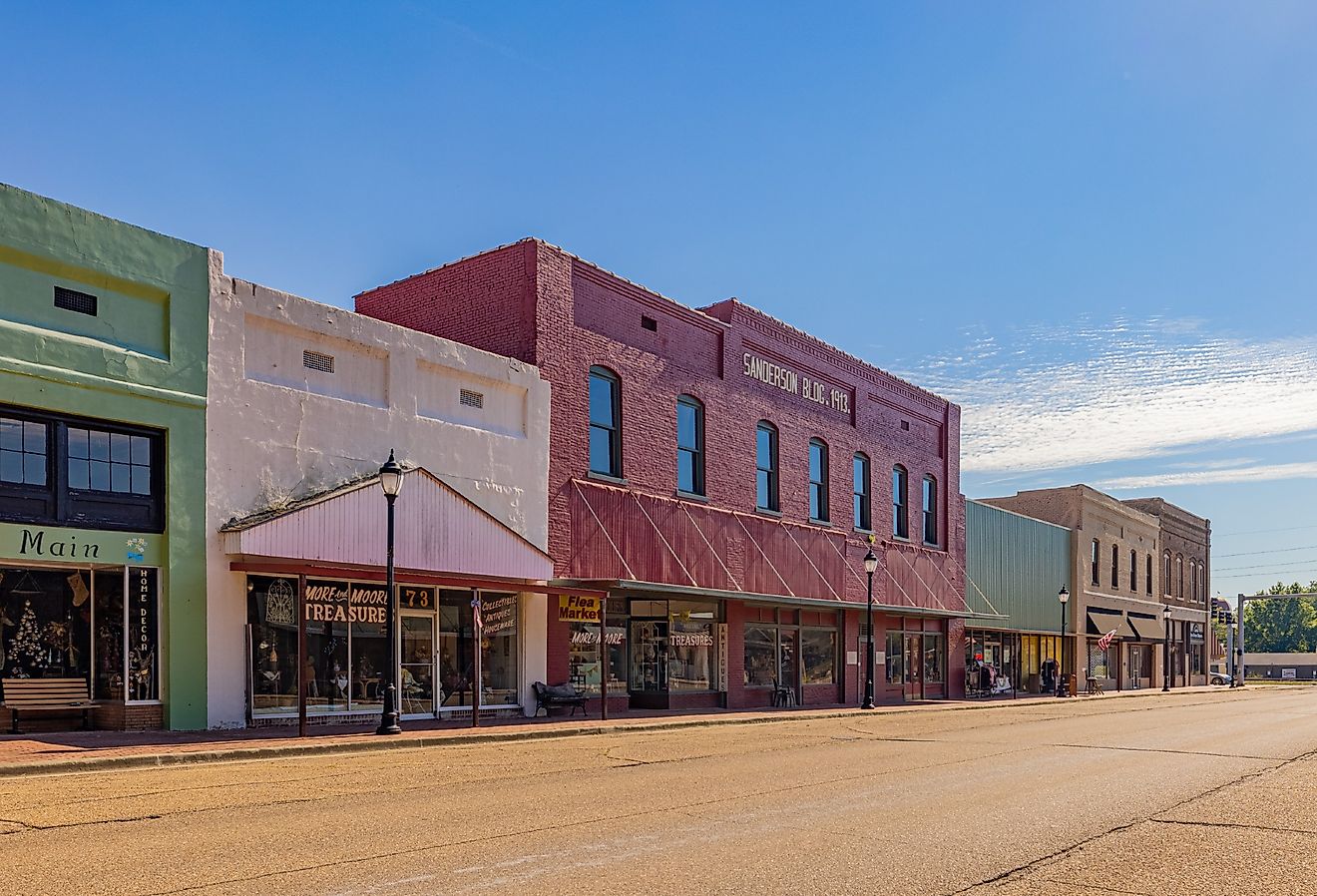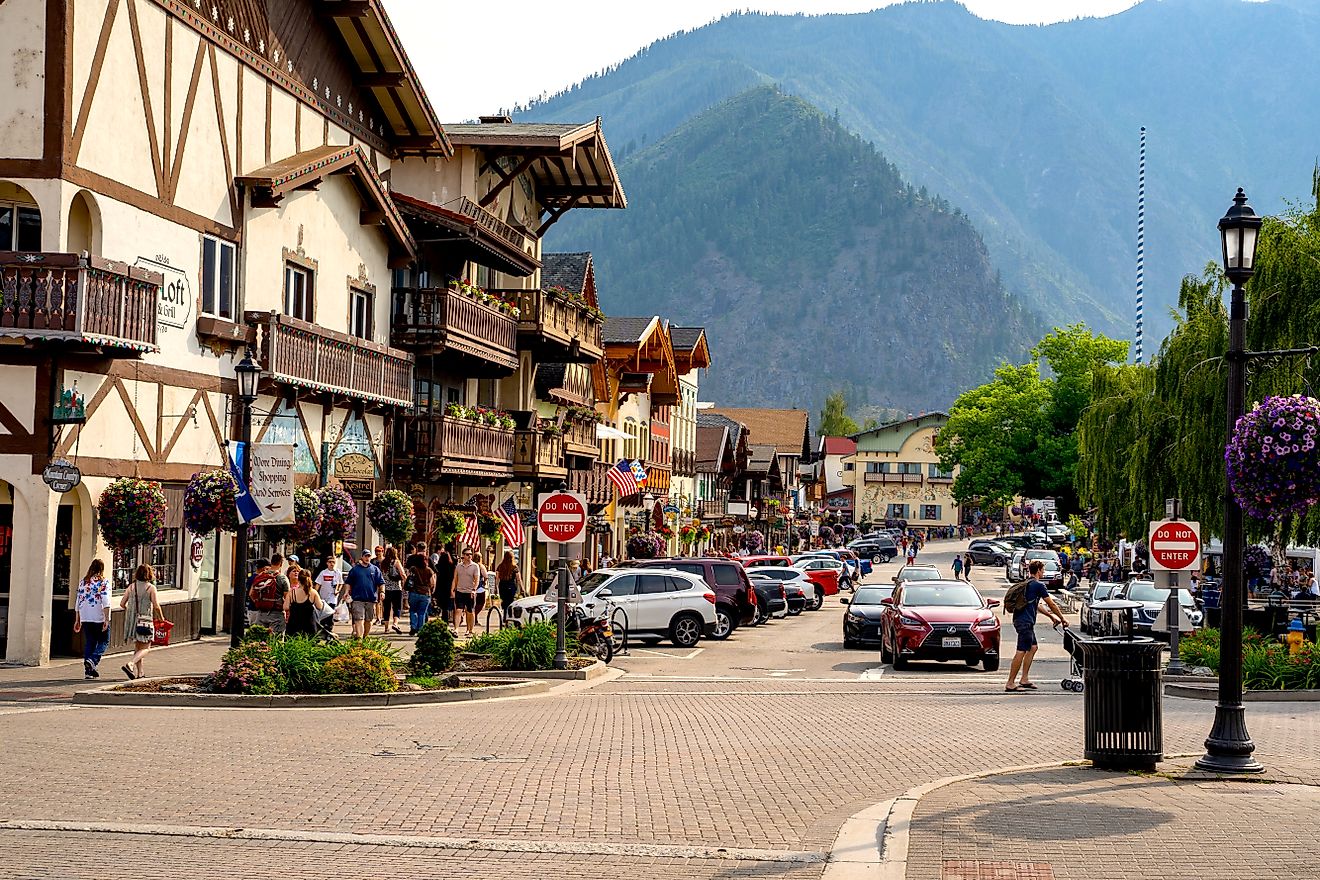
Mammoth Lakes, California
Mammoth Lakes is a small town nestled in the Sierra Nevada mountain range, the most prominent mountain range in the US state of California. It began as a mining town in the mid-to-late 19th century. In fact, it takes its name from the Mammoth Mining Company, which was established there in 1878. Today, however, Mammoth Lakes is known not for mining, but for its natural wonders, which attract many tourists to the town. These natural wonders include tall mountains, hot springs, and several lakes with crystal blue waters. Mammoth Lakes offers a multitude of outdoor activities all-year round.
Geography

Mammoth Lakes has a total area of 66 sq. km, of which 64 sq. km is land and 1 sq. km is water. It is situated at an elevation of 2,400 meters, and is surrounded by mountains, including Mammoth Mountain to the west and the Sherwin Range to the south. It is also surrounded by forests, and is bordered by the Ansel Adams and John Muir Wilderness Areas. Mammoth Lakes lies on the edge of the Long Caldera Valley, a depression adjacent to Mammoth Mountain. The area that surrounds Mammoth Lakes is geologically active, and includes hot springs and rhyolite domes that are less than a thousand years old.
As its name implies, Mammoth Lakes includes several lakes. The largest of these lakes is Lake Mary. Other lakes include Lake George, Lake Marnie, Horseshoe Lake, McLeod Lake, Crystal Lake, Lake Barrett, and the Twin Lakes. All of these lakes can be found to the southwest of Mammoth Lakes’ downtown area. There are also two significant rivers that flow through the area of Mammoth Lakes. One is Mammoth Creek, which flows north of the Twin Lakes, all the way south to Skeleton Lake, which is situated south of Mammoth Lakes. The other river, known as Cold Water Creek, flows from Lake Mary south to Mammoth Crest, which lies south of Mammoth Lakes’ city limits.
Population Of Mammoth Lakes

The population of Mammoth Lakes is 8,265. Nearly 55% of this population is classified as white, while around 43% are of Hispanic origin. Most of the rest are Asian, African American, or multiracial. About 58% of the people in Mammoth Lakes speak only English, while approximately one third speak Spanish. Other languages, including Asian languages and other Indo-European languages are spoken by the rest. More than 68% of the people in Mammoth Lakes were born in the United States, and more than half of the town’s population was born in the town itself, while just under a third were born abroad, mainly in Latin America.
Economy Of The Town
Tourism is the mainstay of the economy in Mammoth Lakes, which is probably why accommodation & food services is the largest economic sector in the town, followed by arts, entertainment, & recreation, and retail trade. The average household income in Mammoth Lakes is $84,339, and the poverty rate is 10.76%, though the rate is significantly higher for residents who are of African American, Asian, or Hispanic descent.
History Of Mammoth Lakes

Prior to the arrival of Europeans, the area that is now Mammoth Lakes was dotted by settlements belonging to several Native American peoples, including the Paiute, Shoshone, and Washoe. By the mid-19th century, however, the discovery of silver ore east of Lake Tahoe brought prospectors from the gold fields in Western California to the east. In 1877, four prospectors set up the Lakes Mining District Mineral Hill near Lake Mary. Just a year later, former Civil War General George Dodge bought the land claims in the area and started the Mammoth Mining Company.
Rumors of the “largest bonanza outside Virginia City” brought thousands of prospectors to the area. They were followed by teamsters, cattlemen, merchants, and suppliers. During this short-lived rush, mining trails were widened, some of which are used as roads in the town of Mammoth Lakes today. By 1879, the population of the area in which Mammoth Lakes is now situated ballooned to around 1,500. But when the “bonanza” turned out to be a bust, nearly the entire population left. In fact, by 1888, there may have been just six prospectors left in the area. The area would not be repopulated to a significant extent until the 1900s.
The Village of Old Mammoth was born following the turn of the century. People came and set up tent camps along Mammoth Creek and in the nearby forest. In time, people built cabins along the creek and in the Lakes Basin. But everything changed once a modern highway to the Mammoth area was built in 1937. The Village of Old Mammoth became depopulated, after the townsfolk literally picked up and moved their village adjacent to the new highway, near the junction of the Old Mammoth Road and Highway 203. This is how the modern town of Mammoth Lakes was born.
Attractions In Mammoth Lakes

Today, Mammoth Lakes is a tourist hotspot. Many visitors come to experience various outdoor activities available to them in and around the town. Some tourists, for example, enjoy skiing or snowboarding down Mammoth Mountain in the winter. The mountain is the highest chairlift-serviced peak in all of California, and is billed as one of the best alpine skiing mountains in the world. Mammoth Mountain also has a gondola system, which takes visitors over the mountain and gives them panoramic views of the area. Some visitors also enjoy hiking on Mammoth Mountain using its four main trails.
To the west of Mammoth Mountain is the Devils Postpile National Monument, which offers tourists the opportunity to see the Devils Postpile formation and the famous Rainbow Falls. Two other breathtaking geological phenomena await you in the form of Hot Creek Geologic Site and Wild Willy’s Hot Spring, both of which are located just east of Mammoth Lakes.
The Lakes Basin is where tourists can enjoy various watersports, including boating, kayaking, canoeing, and paddle-boarding. Many visitors also like to fish in the Lakes Basin. Trout fishing is especially popular in the area. In addition, the Lakes Basin features one of the most popular hiking trails, known as the Crystal Lake Hiking Trail, which offers panoramic views of the basin.

Arguably the most popular attraction in Mammoth Lakes that isn’t a natural wonder is the Village at Mammoth, which offers great shops, cafes, and restaurants. The Village also hosts events such as music festivals and fireworks displays.
